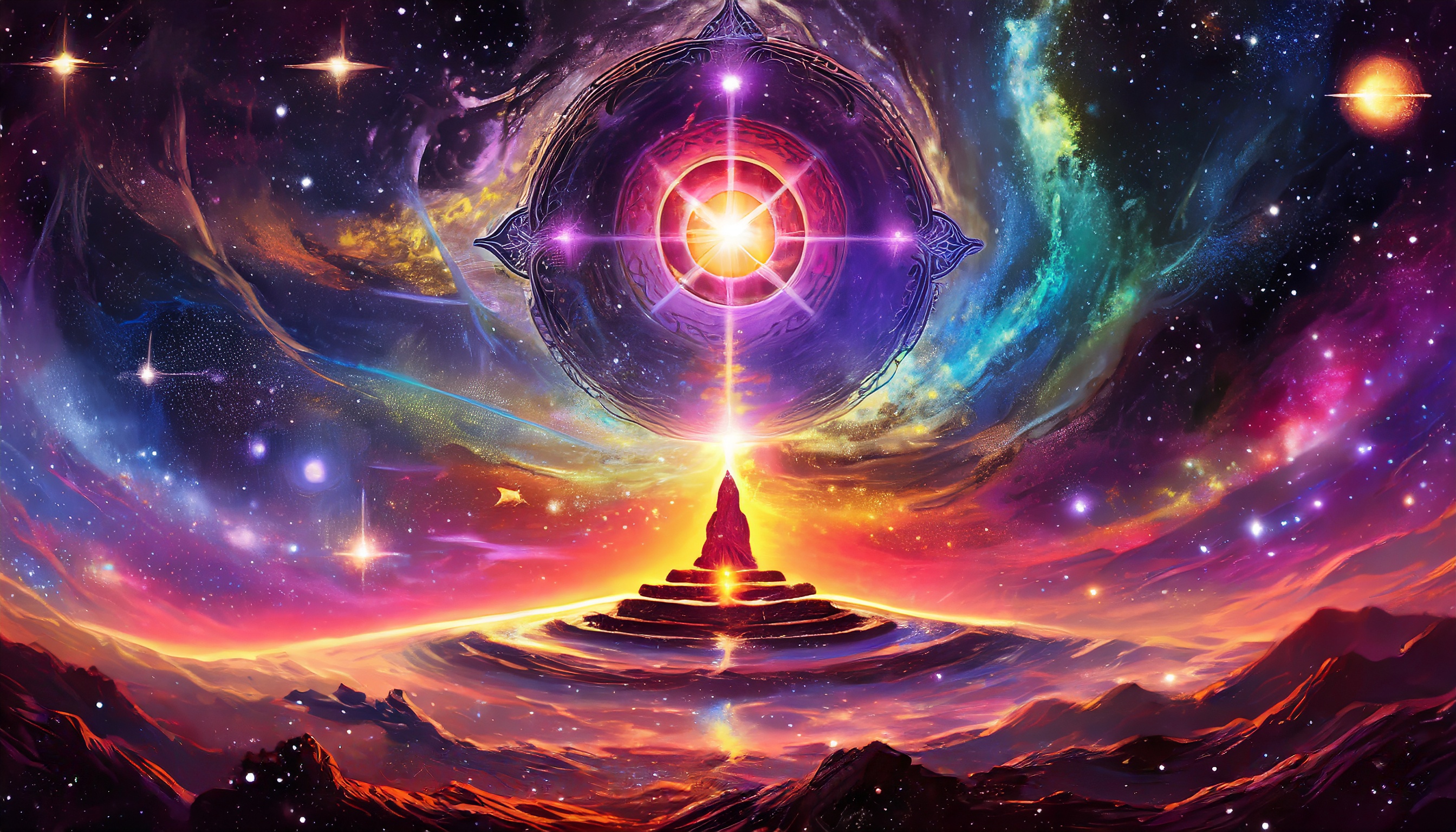
Do you identify yourself as spiritual? If so, you are certainly not alone. 85% of the American adults surveyed as part of a study on spirituality by the Fetzer Institute self-identified as either slightly, moderately, or very spiritual. Yet, what it means to be spiritual tended to vary substantially from person to person. While many people identify their spirituality through religion, many others do not. In a different survey, conducted by the Pew Research Center, 28% of the respondents described themselves as spiritual but not religious. So, what is it that so many people are identifying? What does it mean for people to be spiritual?
The Merriam-Webster dictionary has no less than 5 definitions for “spiritual” as an adjective:
To make matters even more ambiguous, the same dictionary has 14 definitions(!) for “spirit” as a noun. Spiritual practices are incredibly diverse and include not only religious practices, such as prayer and acts of devotion, but also physical practices, such as yoga and qi gong, mental practices, such as meditation and mantras, and emotional practices, such as saging and feng shui. In short, spirituality can come across as being exceedingly mysterious, sometimes to the point of being off-putting to those who prefer to have a very firm understanding of what they’re engaging in. Would it not then be helpful to everyone if we were to demystify spirituality?
The spirit of something is its essence, its essential quality of being. The word “spirit” comes from the Latin word “spiritus” which is derived from “spirare”, meaning to breathe. As breath was considered essential to being alive, death was observed as one’s spirit (one’s breathing) leaving the body. Since one’s physical body remains after death, one’s spirit (one’s essence) was understood as being nonphysical — or, as Merriam-Webster puts it, incorporeal.
We can most accurately understand spirituality as a process of aligning with truth, aligning with the essence of reality. How things are in truth is not how we think they are. Even our most reliable scientific theories have a history of being gradually revised, based on new discoveries that reveal flaws in our earlier mental models. Spirituality accepts that the essence of reality is nonphysical, that the underlying truth of life is not accessible to the mind or to the physical senses. Rather, truth exists beyond any physical perception or story we may choose to create within our minds. That is why spirituality can come across as being so mysterious. Spirituality is something that is only known and experienced through one’s spirit, one’s essence.
The reason that so many people identify as spiritual is that they have chosen to accept, rather than ignore or dismiss, their nonphysical experiences of the essence of reality. Spirituality comes across as a mystery because reality itself is a mystery. We don’t know everything and, indeed, we can’t know everything as human beings. By definition, any being that does know everything is omniscient. The most common name in English for such a being is “God”.
For thousands of years, numerous spiritual practices have been developed to facilitate the process of aligning with the truth of creation (religious practices), the truth of the body (physical practices), the truth of the heart (emotional practices), and the truth of the mind (mental practices). The more aligned with truth you are, the more spiritually advanced you are. The more brightly you reflect truth, the more enlightened you are.
The appeal of spirituality is in experiencing the glory of reality. You, along with everyone and everything else that you truly love, are an essential part of this glorious reality. It is by experiencing the essence of reality that you come to truly know. So, come to know spirituality as much as you are able and come to experience the revelation of the ultimate mystery that you have been blessed with.